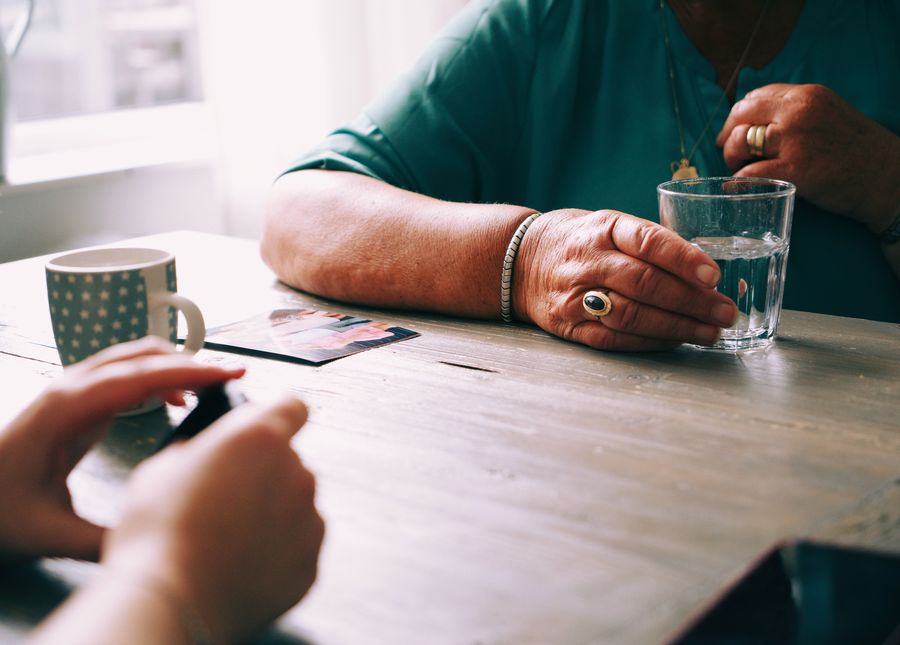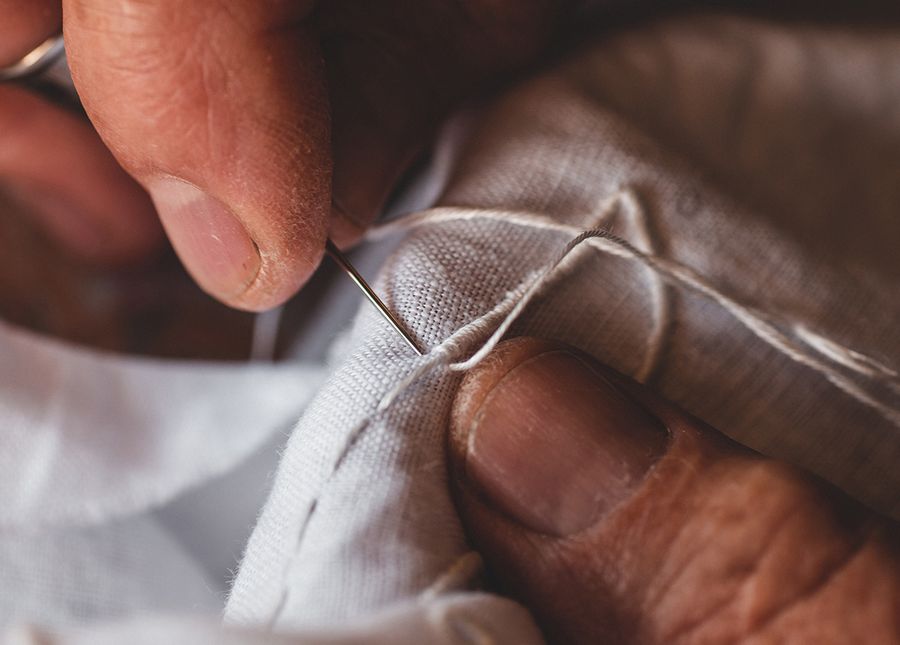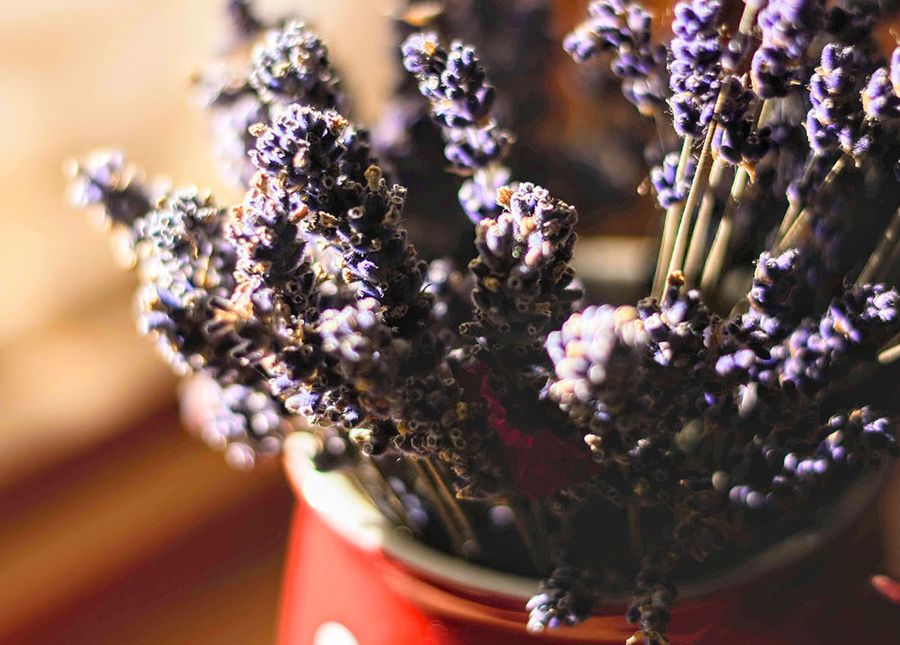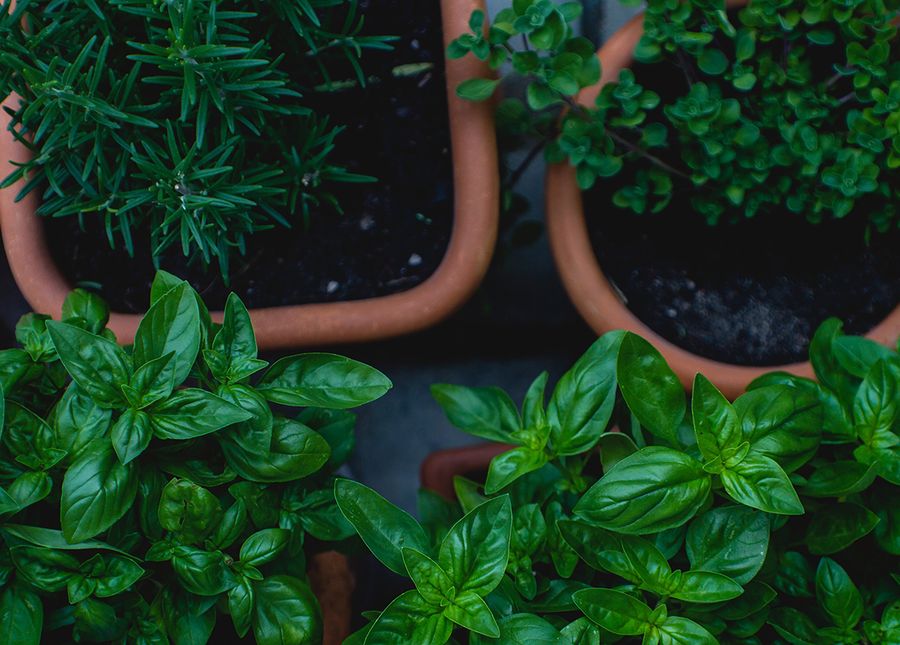Everyone in Australia has equal access to the care services provided or funded by the government. So whether you’re from a particular cultural, language or religious background, or part of the diverse LGBTIQ+ community, there are home care options available to you.
Culture and language
The Australian government has committed to ensuring equal access to care services for people from culturally and linguistically diverse backgrounds – inevitably known by the bureaucratic shorthand CALD.
In practical terms, this has meant financial and policy support to provide care services that take people’s religious and cultural beliefs and their language into consideration. With more than 20% of people in Australia speaking a non-English language at home, many care providers have gone to great lengths to attract care staff who speak languages other than English.
When looking for a care provider, ask whether they have carers with language skills and cultural awareness to offer you the best care possible.
LGBTIQ+
With significant changes in society’s understanding of sexual and gender difference, the landscape of aged care has broadened over the past 20 years. Many care providers have carers who are trained and sensitive to the specific needs of some members of LGBTIQ+ communities. This care is important, as many older Australians will have suffered discrimination and fear in the past, and may be hesitant about discussing this important aspect of their identity.
Far from homogenous, needs differ from group to group and from individual to individual, and can include social, emotional, medical and care needs.
If you are one of the estimated 11% of Australians who are lesbian, gay, bisexual, trans/transgender, intersex, queer and other sexuality, gender, or bodily diverse people, you should feel free to discuss any specific care needs with your provider, and to compare providers based on their ability to provide the best care for you.




